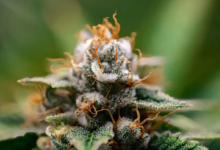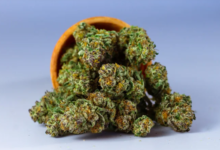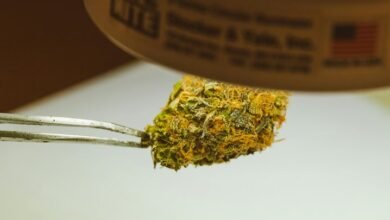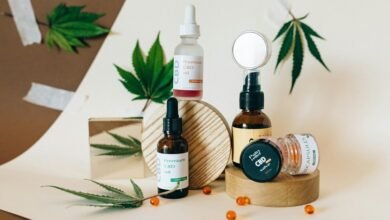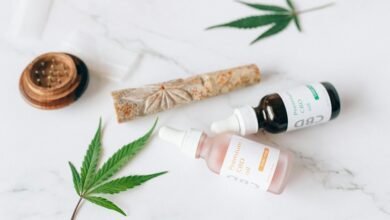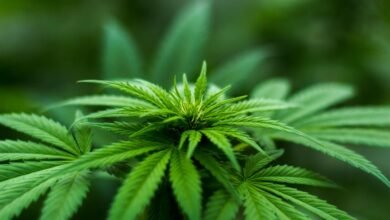Is Cbd Flower Legal in Uk
The legal status of CBD flower in the UK is defined by specific regulations. It must be derived from hemp and contain less than 0.2% THC to be considered legal. This distinction is crucial as it separates CBD products from their THC-rich counterparts, which remain illegal. Understanding these parameters is essential for consumers and retailers alike. However, the implications of these regulations extend beyond legality, raising questions about quality and compliance.
Understanding CBD and Its Legal Definition
Although the legality of cannabidiol (CBD) products can be complex, understanding its legal definition is crucial for consumers in the UK.
Legal regulations stipulate that CBD must be derived from hemp and contain less than 0.2% THC to be considered legal.
Recognizing these parameters is essential for consumers to access potential CBD benefits while remaining compliant with existing laws, ensuring informed choices.
The Legal Status of CBD Flower in the UK
What determines the legal status of CBD flower in the UK?
Primarily, CBD regulations stipulate that products must contain less than 0.2% THC to be legal.
This threshold influences the legal implications for consumers and retailers alike.
Consequently, understanding these regulations is crucial for ensuring compliance and navigating the complexities surrounding the sale and use of CBD flower within the UK.
Differences Between CBD Flower and THC-rich Cannabis
CBD flower and THC-rich cannabis represent two distinct categories within the cannabis plant spectrum, each characterized by their unique chemical compositions and effects.
CBD flower offers potential cbd benefits, such as anxiety relief and anti-inflammatory properties, without psychoactive effects.
In contrast, THC-rich cannabis induces various thc effects, including euphoria and altered perception, which can lead to impaired cognitive functions and heightened anxiety in some users.
What to Consider When Purchasing CBD Flower in the UK
When considering the purchase of CBD flower in the UK, several critical factors warrant attention to ensure compliance with legal standards and product quality.
Consumers should prioritize quality control measures implemented by suppliers and verify product sourcing to guarantee authenticity.
Additionally, understanding the cannabinoid content and associated lab testing results can further enhance informed decision-making, fostering a responsible and satisfying purchasing experience.
Conclusion
In summary, the legal standing of CBD flower in the UK hinges on its derivation from hemp and the stringent limit of 0.2% THC content. Consumers must navigate the nuances of legality, ensuring compliance with regulations, while retailers are tasked with maintaining product integrity. As the market evolves, informed decisions and responsible usage remain paramount, fostering a landscape where the benefits of CBD can be accessed without the encumbrances of psychoactive effects or legal repercussions.

